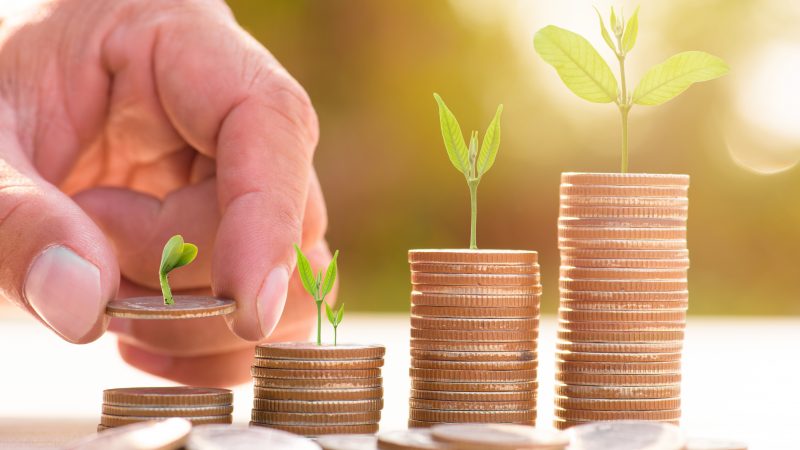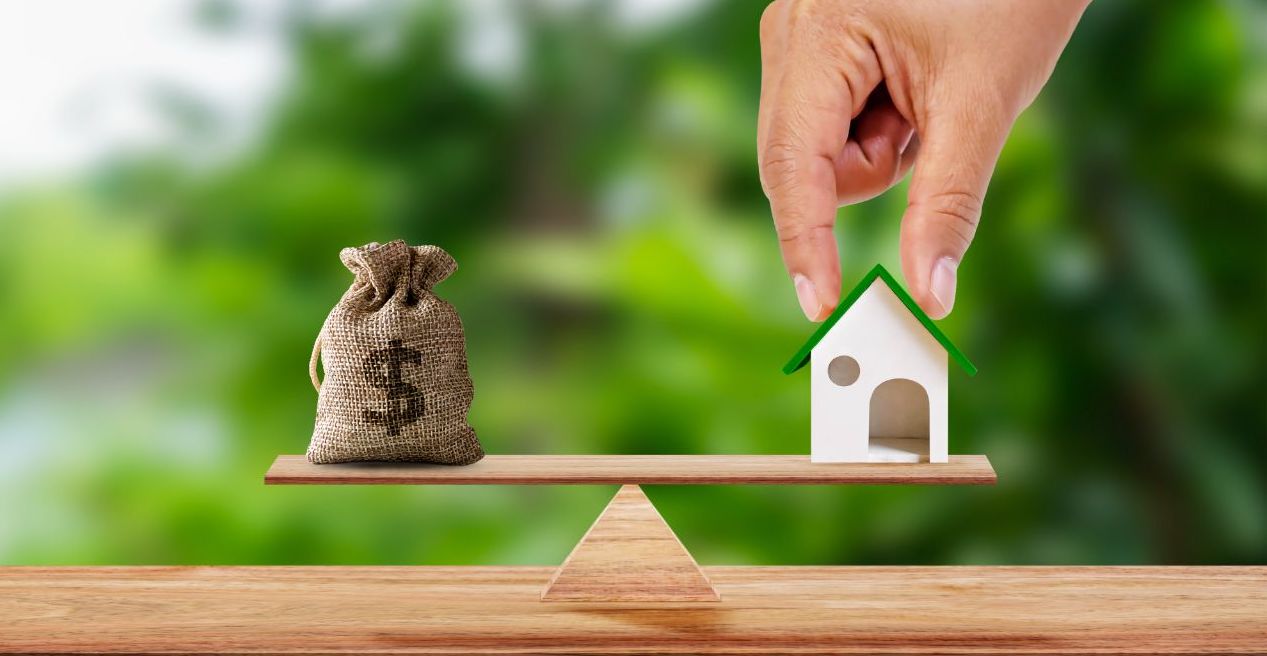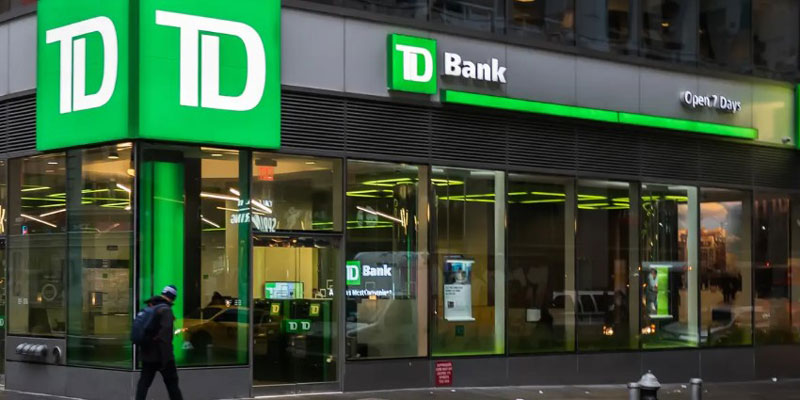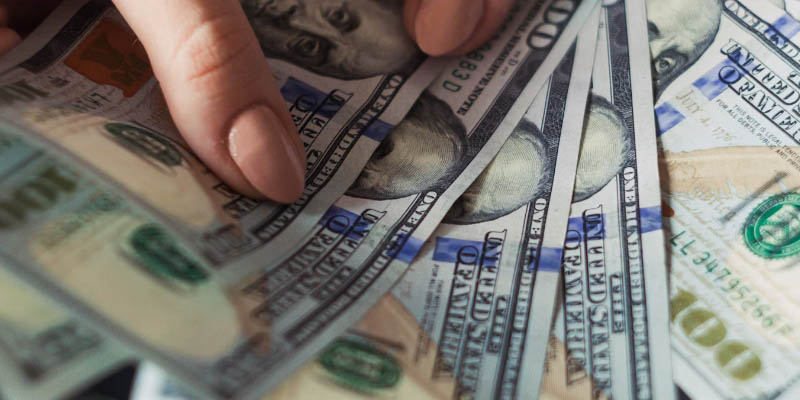A green levy is a charge on pollution or carbon emissions that the government levies. The purpose of a green tax is to reduce reliance on unsustainable energy sources and hasten the adoption of more sustainable models. The phrase is most often associated with a fee levied on more inefficient automobiles.
Comprehension of a Green Tax

Proponents of green levies, also known as ecotaxes, argue that they are an effective method for governments to compensate for the fact that markets do not fully reflect the environmental costs of relying on nonrenewable resources or employing inefficient energy techniques.
They are variants of the Pigovian tax, whose goal is to ensure that businesses pay their fair share of the costs associated with any societal harm they cause. The objective is to stimulate a transition from polluting energy sources like oil and coal to renewables like wind, solar, geothermal, and hydro.
Carbon taxes are one form of green levies implemented by governments; they are fees calculated based on the number of carbon emissions produced by a company or an individual. Proponents of these schemes have contended that these taxes may eventually replace others, such as payroll, corporation, land value, and property taxes.
Issues with Green Taxes
It's not universally agreed upon whether or not these taxes if enacted, would be progressive or regressive. Consumption taxes may unintentionally harm the poor since they cause them to save less money and buy more things they don't need.
Research by the Joseph Rowntree Foundation and the Policy Studies Institute found that low-income households would be hit particularly hard by a transition to a flat tax system. Some argue that green levies are nothing more than hidden taxes that affect customers by increasing the cost of vehicles yet accomplish very little to reduce pollution levels.
Critics of these levies argue that they provide companies and the wealthy an opportunity to "buy their way out" of the consequences of their actions while leaving the poor, who would be hit harder by climate change, to bear the brunt of the burden.
Example

One international example of a green tax is Canada's fee on old, inefficient vehicles. Only passenger automobiles meeting two conditions, whether acquired in Canada or the United States, will be subject to the tax.
Taxes on energy and petroleum were recently enacted in Germany, although power from renewable sources was exempted from the levy. Germany also raised taxes on petroleum products and implemented a fee that rewards more efficient power plants.
The United Kingdom instituted a gasoline price escalation in 1993 when prices were already higher than elsewhere in Europe, but it was eventually repealed due to widespread public outcry. 5
What's The Debate About The Green Levy?
The primary cause for the price increase is wholesale pricing. This is the energy companies spend on gas and electricity, and their customers ultimately end up paying. So, the government needs to devise a strategy to reduce household energy costs. According to certain ministers, money earmarked for social and environmental programs may be redirected to a financial aid package.
However, corporate executives think that financial aid is only a stopgap if prices continue to grow and that we should focus on the broader problem instead. More funding must be made available to keep the eco programs strong and assist the able-to-pay market in installing renewable items and insulation.
Do Green Levy Funds Have A Social Impact?
ECO and the Green Homes Voucher are two programs that have made a significant difference, especially for those who cannot afford to upgrade to more energy-efficient heating systems on their own. Some programs failed because they lacked the necessary infrastructure, but newer versions, such as boiler upgrades to renewable technology, may have a higher chance of success.
Properties with an Energy Performance Certificate grade of less than C are predicted to spend £916 more than efficient houses when prices increase again in October 2022. This is why business advocates for change in how it serves the willing-to-pay market sector. Free-interest government loans might be used for this purpose.
Has The Green Levy Changed The State Of The Environment?
The IAA estimates that approximately 26.2 million tonnes of carbon dioxide emissions have been avoided as a direct result of the 6.2 million properties participating in ECO initiatives.
The Energy Company Obligation and similar programs have significantly impacted the United Kingdom's ability to realize its net-zero energy goal.
The growth of renewable technologies and the decline in demand for fossil fuels led to a 15 percent reduction in gas output in the United Kingdom by 2020. Renewable energy sources will be prioritized in the ECO4 and boiler upgrading scheme's next generation.




